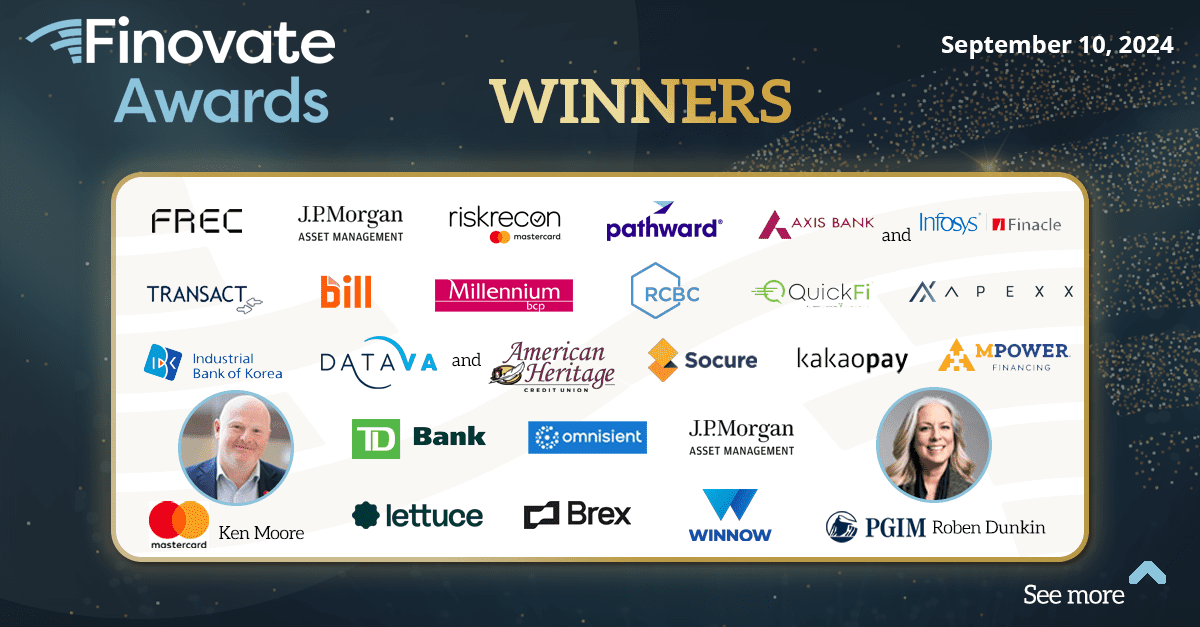
- CSI announced plans to acquire deposit growth firm Velocity Solutions.
- CSI will integrate Velocity’s solutions that drive revenue, service, and compliance for community banks and credit unions into its existing offerings.
- Financial terms of the deal were undisclosed.
Community bank technology provider CSI announced plans to acquire deposit growth firm Velocity Solutions. Financial terms of the deal were undisclosed.
Velocity Solutions was founded in 1995 to offer tools that help drive revenue, service, and compliance for community banks and credit unions. The company’s Velocity Intelligent Platform powers its solutions, among which are a Retail Performance Engine, Consumer Liquidity Engine, and Digital Business Lending. These tools leverage machine-led intelligence to help firms manage risk, drive revenue, increase engagement, and boost non-interest income.
Velocity Solutions, which demoed its Akouba cloud-based lending platform at FinovateFall 2021, services more than 30 million consumers and business owners.
“Our customers rely on us to provide the advanced tools and software that drive revenue, efficiency and cost savings,” said CSI CEO and president David Culbertson. “Velocity’s data-driven approach to deposit management and its intelligent overdraft decisioning engine are each designed to deepen relationships with account holders while minimizing risk exposure for financial institutions.”
CSI plans to integrate Velocity’s solutions into its existing financial services suite, which includes everything from core banking to lending to managed IT and cybersecurity, advisory services, and more. “We’re eager to identify more opportunities to evolve the differentiated financial software and technology solutions that make CSI the first choice for community and regional financial institutions nationwide,” added Culbertson.
“The CSI and Velocity teams are united by the same mission to empower community and regional financial institutions to compete and win against the largest banks in the country,” said Velocity Solutions CEO Christopher Leonard. “Our customers are facing increasing pressure to grow in a challenging rate and deposit environment and require innovative ways to acquire and serve their account holders. We are eager to tap into CSI’s deep expertise and development prowess to expand our banking management platform and support customers in meeting their goals.”
CSI expects that today’s purchase will complement the acquisition of community bank loan servicing platform, Hawthorn River, the company made in December of last year.
CSI, which recently launched an expanded developer portal, was founded in 1965. The company received an investment of an undisclosed amount from private equity firm TA Associates in January 2024.
Photo by Martin Adams on Unsplash











